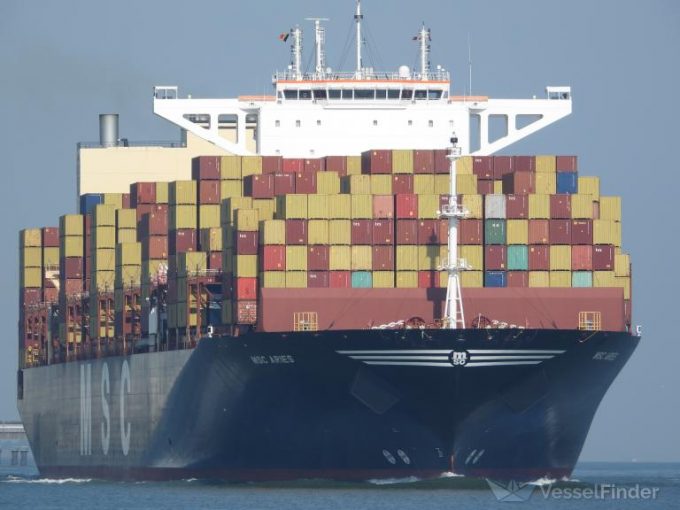Shippers and carriers await Iran decision on Hormuz in response to US attack
Logistics operators anxious over already fractured supply chains are contingency planning as Iran’s supreme leader, ...

Less than 2% of the containerships active in the Persian Gulf are Israeli-owned, and redeploying these vessels to other routes is unlikely to significantly disrupt trade, according to new analysis from Linerlytica today.
Of more than 500 boxships currently in the Persian Gulf, only 10 are ...

Comment on this article